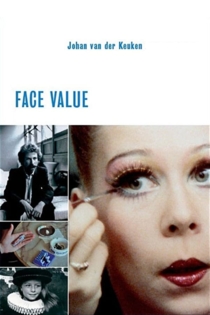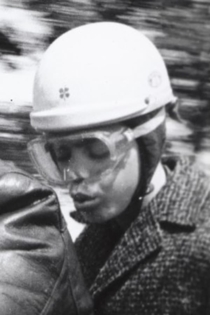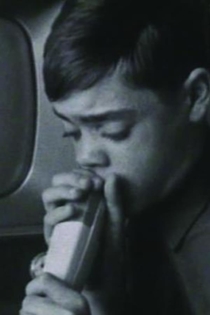
Johan van der Keuken
1938 - 2011De grote vakantie
Johan van der Keuken
After the famous Dutch documentary filmmaker Johan van der Keuken is told that he has prostate cancer and only a few years left to live he decides to take an extended vacation while filming his journeys so the afterworld can learn about his experiences. He travels to Kathmandu where he meets buddhist monks and a healer woman who soon is trying to medicate him, to Burkina Faso and Mali onto the edge of the Sahara desert and other places. Everywhere he is collecting experiences that help make the rest of his life bearable.
The Long Holiday
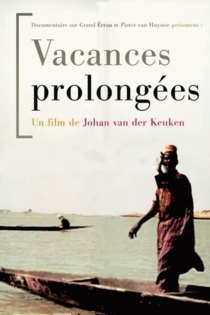
De beeldenstorm
Johan van der Keuken
Johan van der Keuken's film was made to celebrate the 10th anniversary of De Melkweg (The Milky Way). De Melkweg is a multimedia venue in Amsterdam, which was established in the spirit of the ’60s, and became an international centre of counter-culture.
Iconoclasm
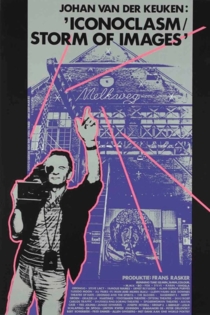
Sarajevo Film Festival
Johan van der Keuken
Marijela Margeta, Marijeta Margeta
Short documentary about the Sarajevo Film Festival. Sarajevo in the twentieth month of its besiegement. The situation is critical but the city chooses to organise an international film festival. Dutch filmmakers Johan van der Keuken and Frank Vellenga present Van der Keuken's documentaries Face Value and Brass Unbound there and one of the festival organisers asks a festival visitor: `What is the significance of film in war? In Sarajevo Film Festival Film, a reflection on film, war and daily life, fictional images are juxtaposed in a disconcerting way with the gruesome reality of the lives of the festival visitors. (netherlands film commission)
Sarajevo Film Festival
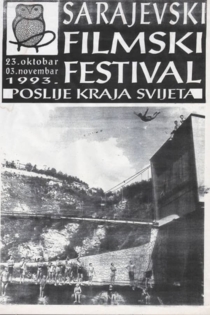
Het Witt Kasteel
Johan van der Keuken
Part of Johan van der Keuken's North/South series, The White Castle focuses on the impact of the West on the underclass: on the concrete realities of their daily life and on the way their existence is isolated and frustrated. Interweaving images of the Spanish tourist mecca of Formentera, a community center in Columbus, Ohio, and factories in the Netherlands, the film vividly illustrates the fragmented, alienated lives that the market economy produces and chillingly portrays what van der Keuken saw as "a conveyor belt [that] runs across the world."
The White Castle

Het oog boven de put
Johan van der Keuken
A poetic depiction of life and ritual in the south Indian state of Kerala. We see how knowledge is passed down from generation to generation: within the family, through the village economy, and especially from teachers to students. Performance footage shows how song, dance, martial arts, and religion constitute the building blocks of a culture.
The Eye Above the Well
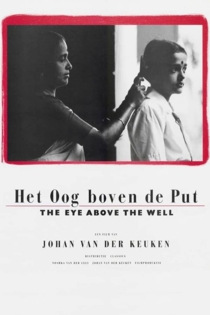
To Sang Fotostudio
Johan van der Keuken
In the person of To Sang, a Chinese-born photographer living and working in Amsterdam, JVDK has found his perfect counterpart and alter ego. To Sang's monumental, stagey portrait photos reach back toward painting, just as JVDK's carefully composed film images recall still photography. Like JDVK, To Sang works in close collaboration with his wife. As image-makers, both men gently but firmly impose their way of seeing on the world. "Although we laugh at first, in the end he is master of the situation," says JVDK about To Sang in Gieling's film.
To Sang Fotostudio

De nieuwe ijstijd
Johan van der Keuken
De Nieuwe IJstijd is the third part of the triptych Noord-Zuid (North-South), in which the director focuses on the relationships between rich and poor countries. The film draws a parallel between the living conditions of impoverished Peruvians in a suburb of Lima and a number of young workers at an ice cream factory in the Dutch province of Groningen. (http://doclisboa.org/2014/en/filmes/de-nieuwe-ijstijd/)
The New Ice Age

I Love Dollars
Johan van der Keuken
In 1984–85, Johan van der Keuken took his camera across the globe, from Amsterdam to New York to Hong Kong, ending in Geneva. The object of his investigation was money, in particular the maniacal drive to accumulate it in the era of Thatcherite/Reaganite neoliberalism.
I Love Dollars
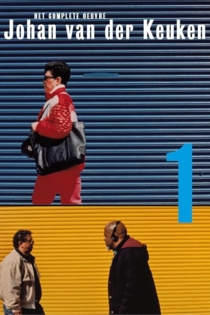
De tijd
Johan van der Keuken
Moniek Kramer, Josée Ruiter
The point of departure for this film is the 1981 composition De Tijd by Dutch composer Louis Andriessen. Van der Keuken leaves the music undisturbed as an autonomous soundtrack and has the images engage in a sort of battle with it. These images are associations, fragments of events, scenes and situations. The film is preceded by a text by Bert Schierbeek.
Time

Amsterdam Global Village
Johan van der Keuken
"I am far away on a distant journey through my own city", filmmaker Johan van der Keuken says at the end of his four-hour portrait of Amsterdam. The city is presented as a place where people from all corners of the world live, who all exert their cultural influence on the life in the city. With a motor courier as his central figure, the filmmaker introduces the audience to birds of different feathers. We see diverse cultural expressions, like the house scene, the entry of St. Nicholas and a Ghanese mourning ritual. The binding factor in the film is the concept of 'travelling', in other words Amsterdam as a global village. The camera travels through the film in three ways: over land, over water (canals) and through the air.
Amsterdam Global Village
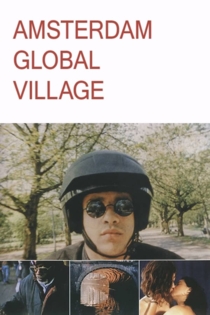
Beppie
Johan van der Keuken
Ed van der Elsken, Gerda van der Elsken
BEPPIE is a moving and disarming portrait of an Amsterdam street urchin. Van der Keuken once described her as follows: 'She was ten years old and the joy of the Achtergracht, where I was living at the time. An Amsterdam child, sweet and crooked as a corkscrew.' He films her while she skims the city with some friends and knocks at strangers' doors. Her family has nine children and is not well off. In those days, a visit to the De Miranda swimming pool cost a quarter, but only ten cents if the weather was bad. At school, Beppie gets a poor mark because she is too boisterous, but when the whole class rattles off the multiplication tables, she joins in at the top of her voice. All of TV-watching Holland was wildly enthusiastic about this portrait, with which Van der Keuken even made the front page of the national newspaper De Telegraaf.
Beppie
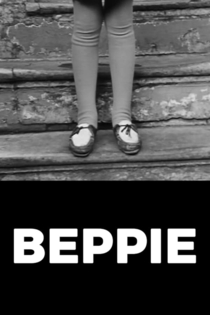
Tentatives de se décrire
Boris Lehman
Mirèse Aerdts, Nathalie André
Trying to describe oneself is a movie about representation. How it is possible, through film, to describe oneself and describe others. With the camera as mirror and third eye. At first, a collage-like combination of letter-writing, investigation and journey, something between documentary and feature film. Finally, a portrait of Boris Lehman from 1989 to 1995, part II of BABEL.
Trying to Describe Oneself
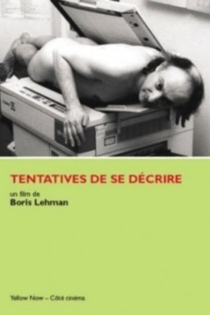
Face Value
Johan van der Keuken
Face Value is a film combining a conscious approach with spontaneity, and contemplation with action. It presents us with the differing views of a region we call “Europe”, an imaginary Europe situated somewhere between London, Marseilles, Prague and the Netherlands.
Face Value
